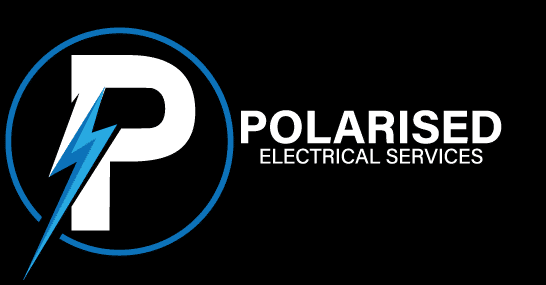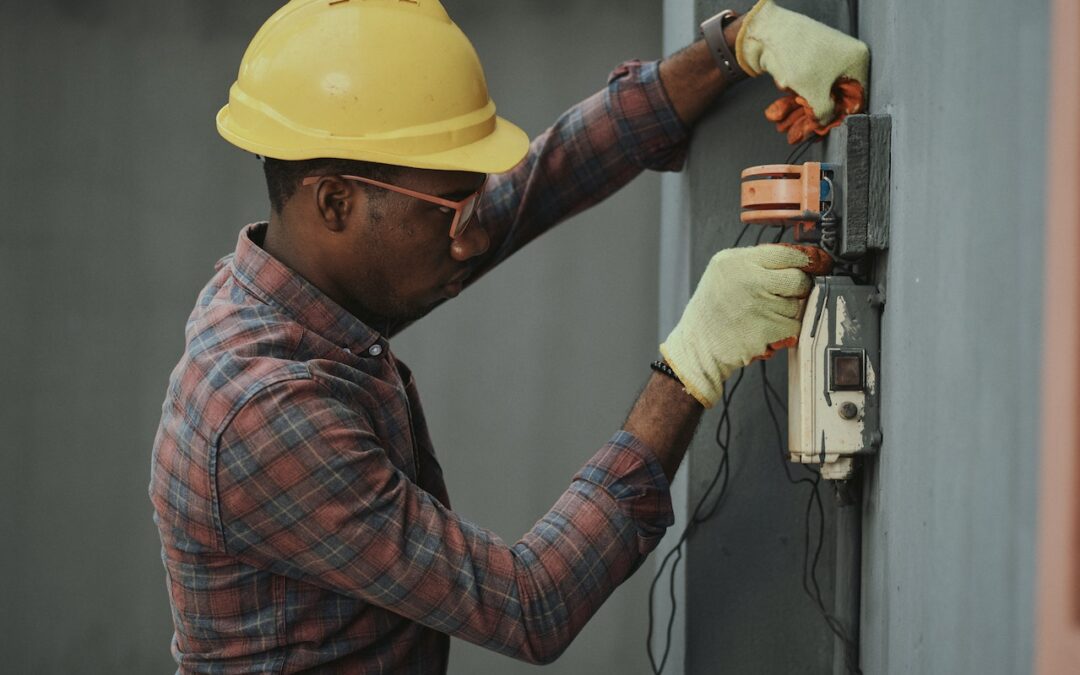The electrical contracting industry is rapidly evolving as new technologies, methodologies, and standards are introduced to better cater to the needs of commercial and industrial clients. Electrical contractors now need to be well-versed in various aspects of the industry, including industrial process solutions, to offer a wide range of services that can help businesses run more efficiently, safely, and economically.
That said, This article aims to provide electricians with an in-depth understanding of industrial process solutions and their relevance in today’s electrical contracting landscape. We will be covering various components of industrial process solutions, focusing on the role of commercial and industrial electricians in implementing and maintaining these systems. The guide will delve into the benefits that such solutions offer to businesses, various types of industrial process solutions commonly employed, and key considerations for electricians working in this dynamic and critical field.
The Electrical System Design Process
An essential aspect of industrial process solutions is the electrical system design, laying the foundation for seamless integration of various systems and processes. Electricians need to consider several factors during the design process to ensure that their solutions align with the needs and requirements of the client. Critical elements that must be considered in electrical system design include:
1. Load Analysis and Calculation: Electricians need to identify the industrial facility’s total electrical load. This can be achieved by analysing the individual load requirements of various equipment and devices within the facility and taking into consideration any future expansions or additions.
2. Circuit Design and Configuration: Once the load analysis and calculation have been completed, electricians must plan and design the circuits to ensure they can handle the calculated load, keeping efficiency, maintainability, and safety in mind.
3. Power Distribution: Implementing a power distribution plan is essential to guarantee a consistent, reliable, and safe power supply. Considerations such as voltage transformation, switchgear selection, and surge protection need to be addressed.
4. Compliance with Industry Standards: Electricians must stay up to date with industry standards and regulations. Adhering to these standards not only ensures that their designs are safe and future-proof but also contributes to the project’s credibility, brand reputation, and the possibility of winning future projects.
Preventative Maintenance for Industrial Electrical Systems
Industrial process solutions are only as good as their maintenance and upkeep. With functioning electrical systems integral to the operation of any commercial or industrial facility, electricians need to place a strong emphasis on preventative maintenance. Implementing a well-planned maintenance schedule helps:
1. Increase System Reliability: Regular maintenance of electrical systems can prevent unexpected breakdowns, keeping operations running smoothly and reducing the risk of unscheduled downtime.
2. Optimize System Efficiency: Through regular servicing and fine-tuning of electrical components, electricians can ensure the consistent and efficient operation of the facility’s operations, resulting in reduced operating costs and minimized energy wastage.
3. Enhance Safety and Risk Mitigation: Proper maintenance helps in early identification of any potential risks, allowing for prompt resolution of identified issues. This can prevent accidents, injuries, and damages to both personnel and equipment.
4. Prolong Equipment Lifespan: Appreciating the significant investments made by businesses, electricians should take necessary steps to help extend the lifespan of the equipment, reducing the need for premature replacements and saving costs for clients.
Automation and Control Systems Integration
Automation and control systems have become increasingly important in modern industrial processes due to their potential to improve overall operational efficiency and reduce manual intervention. Electricians working with industrial process solutions need to have a strong understanding of various automation and control systems, including:
1. Programmable Logic Controllers (PLCs): Electricians should be familiar with the programming, configuration, and maintenance of PLCs, the backbone of many industrial control and automation systems.
2. Supervisory Control and Data Acquisition (SCADA) Systems: A knowledge of SCADA systems, which involve data collection, analysis, and real-time control over industrial processes, is essential for electricians in this field.
3. Human-Machine Interfaces (HMIs): Electricians should understand the importance of designing user-friendly HMIs to facilitate seamless communication between users and automated systems.
4. Integration of Sensors and Actuators: Electricians must be skilled in integrating various types of sensors and actuators into the automation and control infrastructure, ensuring responsive and accurate process control and monitoring.
Considerations for Network Cabling, Security Systems, and CCTV Installations
Apart from traditional electrical system design and maintenance, electricians also need to be proficient in designing and implementing network cabling solutions, security systems, and CCTV installations. These are crucial components of any modern industrial facility and should be treated with equal importance.
1. Network Cabling: Electricians need to understand various types of network cables, their applications, and proper installation methods to ensure reliable data transmission and communication between devices.
2. Security and Access Control Systems: Electricians should be able to design, install, and maintain various types of security and access control systems, which are vital for protecting assets, personnel, and sensitive information in commercial and industrial environments.
3. CCTV Installations: Proficiency in designing and installing CCTV systems will enable electricians to offer comprehensive security solutions to clients. These systems act as valuable tools for monitoring and securing facilities while also potentially acting as a deterrent against security breaches.
Conclusion
As technology and the demands of the modern world continues to evolve, electricians must adapt to stay relevant within the industry. By gaining a deep understanding of industrial process solutions and honing their skills in electrical system design, automation and control systems integration, preventative maintenance, and the implementation of network cabling and security solutions, electricians can rise to the challenge and serve their clients better, ultimately strengthening their competitive positioning within the market.
Polarised Electrical Services is an electrical contractor with more than a decade of experience in the field. Our company has the expertise and comprehensive understanding to offer solutions for industrial processes, preventative maintenance, mechanical electricals, basic lighting and power installations, backup generator provisions, network cabling, and security and CCTV installations. If you are looking for a commercial electrician and more, contact us today!

